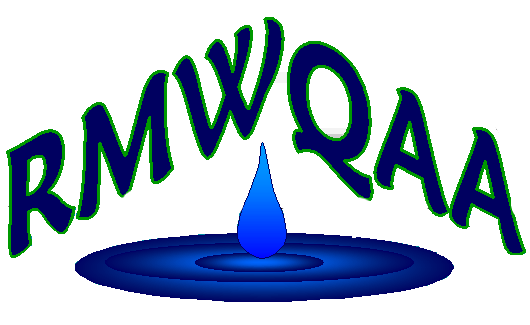Contributed by Natalie Love
Natalie Love is the Laboratory Research Manager at Metro Water Recovery and has enjoyed working with all of Metro’s interns. She is hoping to bring one into the lab this spring.
The Rocky Mountains brought Salina Loer from Wisconsin to Colorado. She completed a Bachelor of Science in Biomedical Engineering from the University of Wisconsin – Madison in 2022 and took an internship designing and building an incubation system for hydrogen sulfide metabolizing bacteria. While her biogas internship provided excellent hands-on engineering experience, she was ready for something new. Salina came to Colorado, got a job at a ski shop, and found an internship with Metro Water Recovery. The internship provided her experience working through cool wastewater projects, all while allowing her flexibility to enjoy the Colorado outdoors.
Metro Water Recovery offers a well-established paid internship program through the Technology and Innovation Department (TID). This program has been in place for over six years with most past interns still working in the wastewater sector. Currently TID has three “Temporary Engineers”, each with a unique skillset that is utilized all over the plant. Metro’s Industrial Pretreatment Division also has a formal summer internship program, and the Laboratory Research Team is considering hosting its first intern in 2025.
One common concern among interns in poorly structured programs is being assigned only menial tasks. This is not the case with Metro. Metro TID intern Alex Chavez-Maldonado has taken on projects as diverse as struvite removal from pipes, activity testing to assess nutrient removal kinetics from activated sludge microbiology, to assessing orthophosphate spikes in the secondaries. According to Alex, “From the start, I knew the internship would be a hands-on, highly applicable experience to my career aspirations, and it has lived up to that.” The Lab Research Team is hoping to foster just as much learning as the TID program has supported, while also getting a valuable helping hand.
Our goal would be to train the Lab Research Team intern on some of the daily tasks and projects that would significantly help staff. These tasks include sample collection onsite, sample filtration and preservation, analyses on specialized instrumentation, and data compilation and presentation. In return, the interns would be gaining hands-on lab and wastewater treatment experience. Are you wondering whether your lab could support an intern? Some things to consider include:
- Scheduling does require some flexibility, but most students are still able to block out a few full days each week.
- Training is less intensive than it would be for a full-time, permanent employee who must learn everything in the lab. By focusing on a subset of tasks, interns can still gain valuable experience in less training time.
- Interns often become excellent candidates for open permanent positions allowing both parties to “test the waters” before committing.
Internships are true win-win situations with all parties gaining from the experience. Metro’s third temporary engineer, David Hood, was looking for a career change and hoped for a job that would allow him to get outdoors after many years in medical science labs. Working with instrumentation at Metro provided that along with perspective on the massive quantities of data coming from a large utility. While each day doesn’t always go as planned, David has learned a ton about instrumentation and how to manage all the little quirks and Metro has benefited from his instrumentation knowledge. All three interns have provided incredible value to Metro, significantly contributing their expertise and skills to the projects they have worked on.
 Welcome to the
RMWQAA Website!
Welcome to the
RMWQAA Website!  Welcome to the
RMWQAA Website!
Welcome to the
RMWQAA Website!